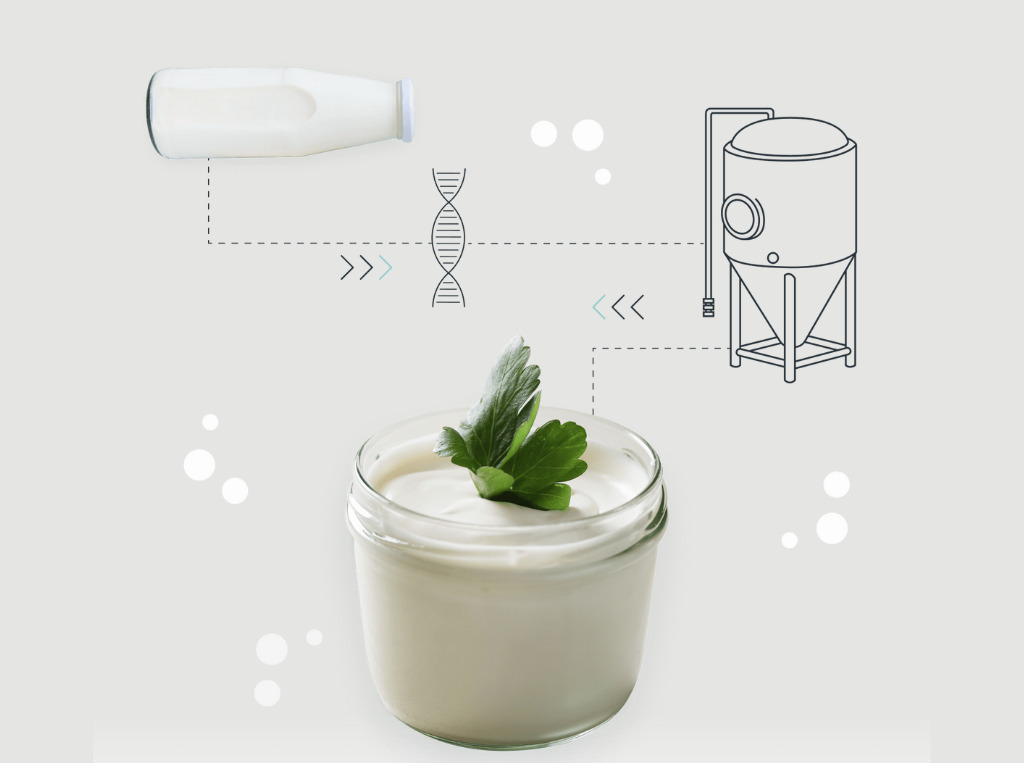DSM-Fonterra Backed Startup Closes Seed Round to Produce Animal-Free Dairy Ingredients
3 Mins Read
Dutch business-to-business ingredients company Vivici has successfully closed its seed funding round to bring its animal-free precision fermented dairy proteins to market. Backed by founding investors DSM-Firmenich Venturing and Fonterra, the brand leverages decades of experience in developing and scaling bioprocesses and holds world-leading knowledge in the isolation and application of dairy proteins.
The startup is headquartered at the Biotech Campus Delft, and has a dairy protein application lab in the Food Valley at NIZO food research, utilising the scaling-up facilities and investment climate the Netherlands offers.
Launched as a joint venture last year, Vivici was conceived as a brand that will enable the acceleration and commercialisation of fermentation-derived dairy ingredients, using intellectual property created by years of collaboration between DSM and Fonterra (who have filed patents for the same).
DSM’s proprietary technology reduces methane – a greenhouse gas that traps more heat than carbon – and the partnership also sees Fonterra reduce its on-farm emissions across its New Zealand pastures. The latter is New Zealand’s largest company and produces 30% of the world’s dairy exports, so for it to enter the precision fermentation category is strong signal about the industry’s future.
“With fermentation-produced proteins having a wide array of potential applications for customers and consumers, this partnership aligns well with the Co-op’s strategy to be a leader in dairy innovation and science,” Komal Mistry-Mehta, Fonterra’s chief innovation and brand officer, said at Vivici’s launch last year.

The future of animal-free dairy
“Dairy nutrition will always be our core strength, now and into the future, and there will continue to be strong demand for our sustainable, pasture-based dairy,” Jonathan Boswell, programme leader for complementary nutrition at Fonterra, said at the time. “At the same time, we are conscious that the preferences of some consumers are evolving, and we believe proteins produced with emerging technologies can work alongside our dairy products.”
According to industry think tank the Good Food Institute, the precision fermentation sector has seen an influx of nearly $4B to date, with at least 136 companies working on alt-proteins made in this manner by the end of 2022. Another report by Precedence Research predicts the industry to grow by 41.9% year-on-year to reach $63.85B by 2032. Despite this potential, some food tech experts say the category is underfunded and overlooked by climate investors.
Vivici was incorporated last December, after being granted approval from the EU Commission. And leaders in the European precision fermentation sector formed a coalition this year to accelerate the regulatory approval of such animal-free dairy alternatives.
In April, Remilk became the first precision fermented dairy company to gain regulatory approval in Israel, which followed its approval in Singapore. It also received a ‘no questions letter’ from the FDA in the US, the second company to do so, after industry pioneer Perfect Day.
Perfect Day is also part of the Precision Fermentation Alliance, which seeks to promote the practice to build a more resilient and sustainable food system. And it conducted a survey in partnership with the Hartman Group and Cargill in March, which found that 77% of US adults who said they were familiar with precision fermentation would likely purchase products from this category – highlighting the market demand and growth potential for ventures like Vivici.




